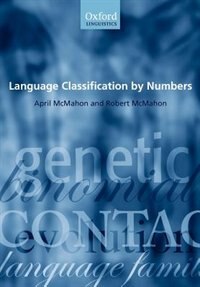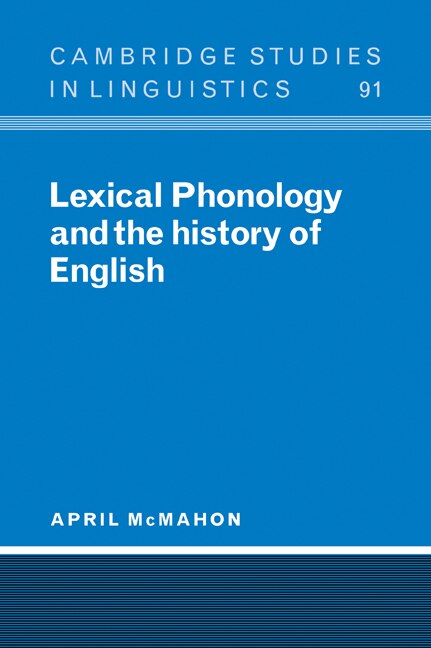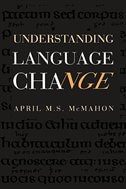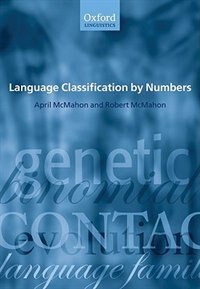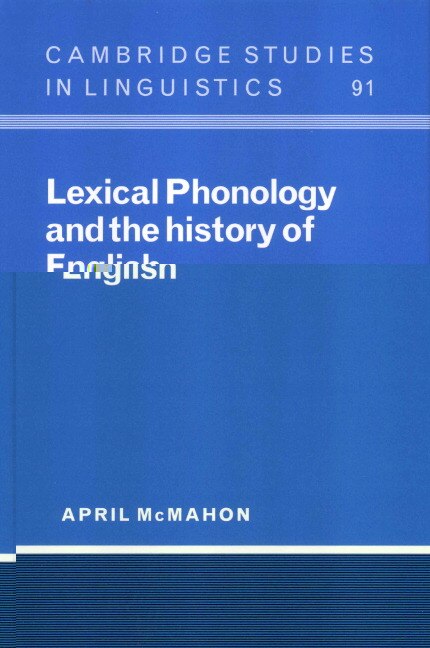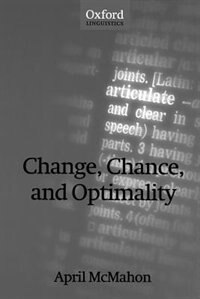
Compare Change Chance and Optimality by April McMahon, Paperback | Indigo Chapters
April McMahon
$76.95
This book is about how languages change. It is also a devastating critique of a widespread linguistic orthodoxy. April McMahon argues that to provide a convincing explanation of linguistic change the roles of history and contingency must be accommodated in linguistic theory. She also showsthat theoretical work in related disciplines can be used to assess the value of such theories. Optimality Theory, or OT as it is usually called, dominates contemporary phonology, especially in the USA, and is becoming increasingly influential in syntax and language acquisition. Having set out its basis principles, Professor McMahon assesses their explanatory power in analysing languagechange and its residues in current phonological systems. Using cross-linguistic data, and drawing comparisons with other theories inside and outside linguistics, she shows that OT is incapable of accounting for language change, without the addition of rules and an appreciation of chance andhistorical contingency that would then undermine its theoretical underpinnings. OT relies on innateness and needs to discuss the origins of allegedly genetically-specified features. The author considers the nature and evolution of the human language capacity, and demonstrates a profound mismatch between the predictions of evolutionary biology and the claims for innateness madein OT. | Change Chance and Optimality by April McMahon, Paperback | Indigo Chapters


